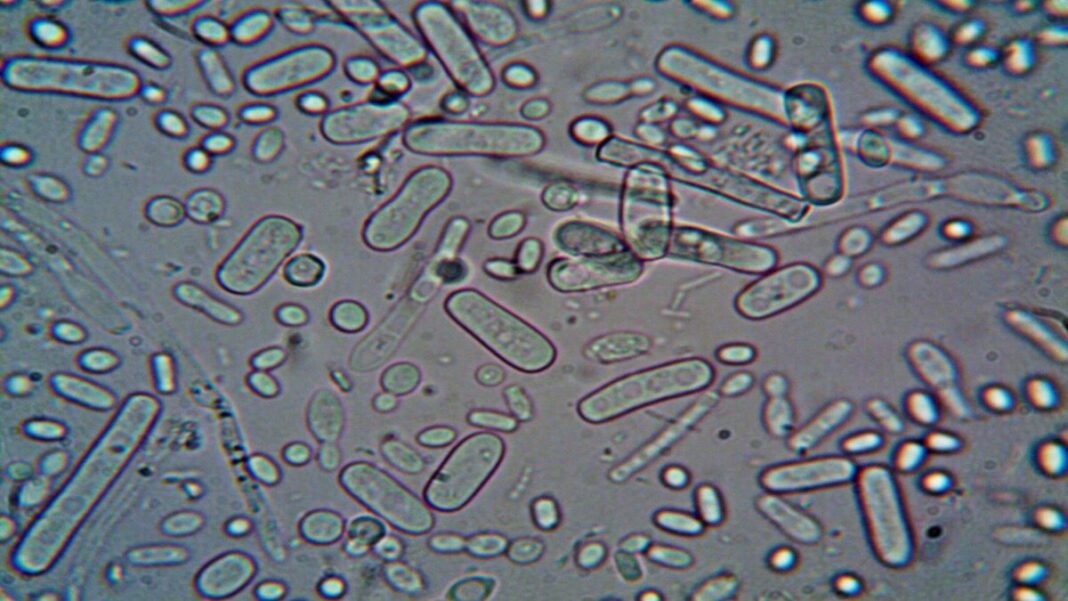AUSTRALIA: A team of scientists from Monash University in Melbourne, Australia, have made a breakthrough in clean energy technology by discovering an enzyme that can turn air into electricity.
The enzyme, called Huc, was found to generate electrical current from atmospheric hydrogen and is the first known enzyme capable of creating electricity from the air.
According to Dr. Rhys Grinter, who led the study, the team had to develop new methods for growing and isolating the enzyme from bacteria.
The team led by Dr. Rhys Grinter found that the bacterium Mycobacterium smegmatis, discovered in 1884, was an ideal candidate for their study.
The bacterium Mycobacterium smegmatis was perfect because scientists could change its genes to study it.
They isolated and purified Huc from the bacterium and found that the enzyme could be stored for long periods while retaining its ability to generate energy.
The researchers said the stability of Huc reflects the enzyme’s ability to help bacteria survive in extreme environments.
The enzyme works as a hydrogen gas scavenger and can consume the gas even at below atmospheric levels, making it a potential “natural battery.”
It can make very small amounts of electricity from the air or from hydrogen, which could be used in the future to power small electronic devices.
Although the enzyme is still far from becoming a viable energy source, it could be used in industrial chemical synthesis or as a sensor for hydrogen.
The stability of Huc also means that it can be stored for long periods, making it a promising area of research for the future of clean energy.
Ashleigh Kropp, a team member, said the discovery reflects the enzyme’s role in helping bacteria survive in extreme environments.
Professor Greening from Monash University’s Biomedicine Discovery Institute added that while scientists knew that bacteria could use the trace hydrogen in the air as a source of energy, they were unaware of how they did it until the recent discovery.
This ground-breaking discovery could lead to a sustainable future by opening the door to a nearly limitless source of clean energy. However, more research is needed before industries can use Huc on a larger scale.
Also Read: Dozens of Activists Including Thunberg, Block Norway’s Energy Ministry



